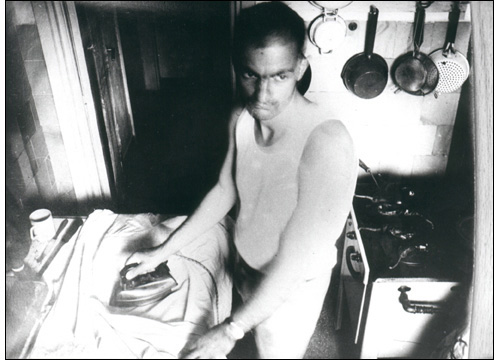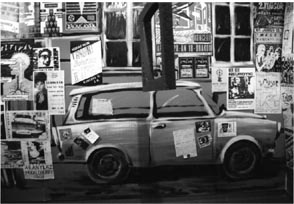Problems in Transit: Performance in Romania
Politically, socially, and economically speaking, the collapse of communism has brought about a lot of changes to the countries of East-Central Europe. The demise of the communist system in Romania in 1989 exposed a political, social and economic crisis that had been hidden for decades. The consequences were dramatic: After more than twenty years of dictatorship – with the 1980s as the most oppressive period – the overthrow of the totalitarian system culminated in a coup d’état. Romanian society was shattered and traumatised to the core.
Beginning in 1990, for the first time in many years, Romanian performance artists came … Read more







